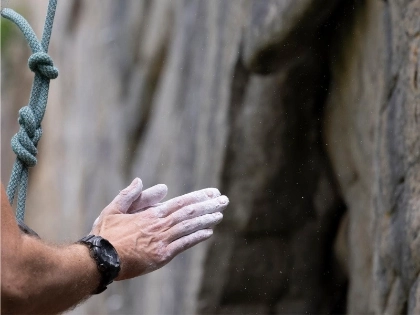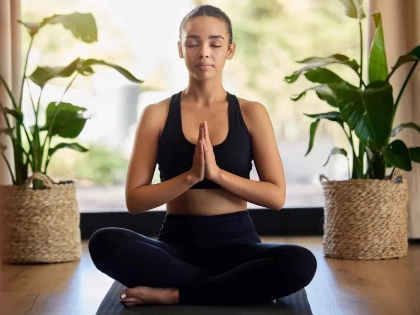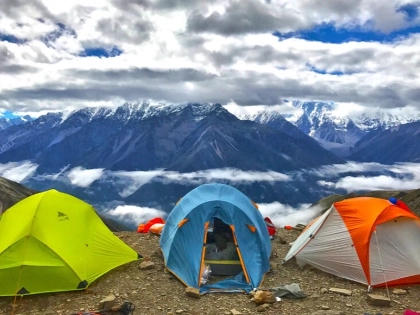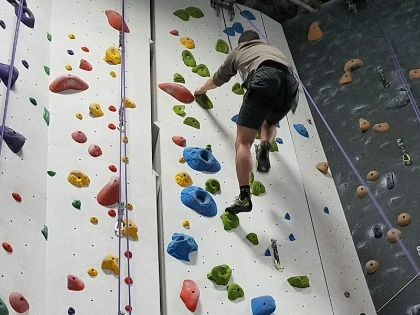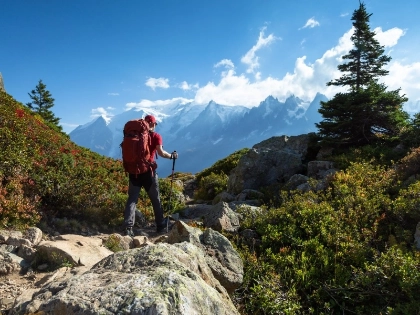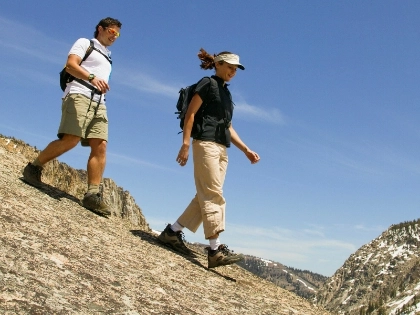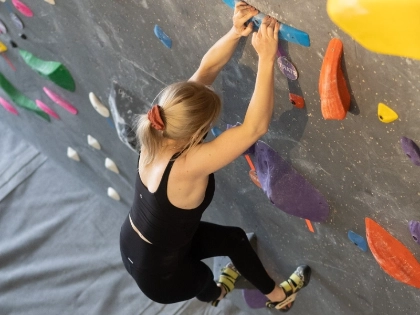If I Go for Daily Hikes, Will I Lose Weight?
Hiking is a fantastic way to get exercise and enjoy the outdoors. Hiking is not the only type of exercise that can aid in weight loss, though. Hiking burns a variety of calories depending on your weight, walking pace, and trail inclination. Calorie burning when hiking is higher when climbing uphill.
Engagement in Exercise

Loss of Weight
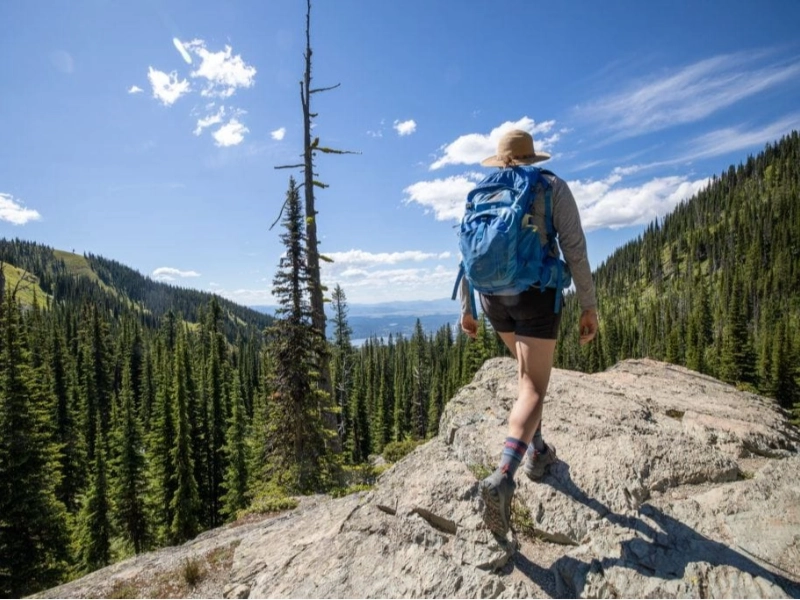 Hiking is a cardiovascular workout that raises your heart rate to a level where fat is burned. Hiking has the potential to burn 200–800 calories per hour, depending on its length and intensity.
Additionally, it works every muscle in your body, including the arms, back, legs, hips, buttocks, and core. Using trekking poles enhances balance and further uses the upper body. In comparison to other aerobic activities like running and squat jumps, it can also be minimal impact.
Making hiking a regular part of your routine is the key to using it as a weight loss strategy. Work your way up to longer, more challenging treks by starting with an easy track. To avoid being hurt, always warm up and cool down before and after your walk. Additionally, make an effort to select treks that are related to your hobbies, such as bird watching or looking for unusual orchids. This will add variation to your routines and help you stay motivated.
Hiking is a cardiovascular workout that raises your heart rate to a level where fat is burned. Hiking has the potential to burn 200–800 calories per hour, depending on its length and intensity.
Additionally, it works every muscle in your body, including the arms, back, legs, hips, buttocks, and core. Using trekking poles enhances balance and further uses the upper body. In comparison to other aerobic activities like running and squat jumps, it can also be minimal impact.
Making hiking a regular part of your routine is the key to using it as a weight loss strategy. Work your way up to longer, more challenging treks by starting with an easy track. To avoid being hurt, always warm up and cool down before and after your walk. Additionally, make an effort to select treks that are related to your hobbies, such as bird watching or looking for unusual orchids. This will add variation to your routines and help you stay motivated.
Reduction of Stress
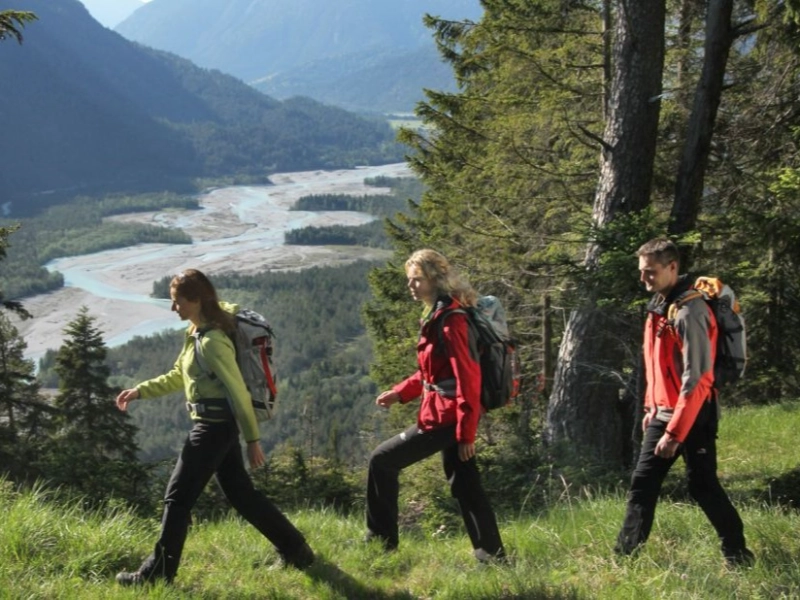 Although stress is a natural part of life, prolonged stress can be harmful to your health. Hormones induce your sympathetic nervous system to go into "fight or flight" mode when you're feeling overwhelmed. This results in symptoms like rapid breathing and heart rate, constricted blood vessels, and anxiety. You may feel better about yourself and keep your weight in check by taking action to lower your stress levels.
Cortisol is one of the primary hormones generated in reaction to stress, and it can elevate your appetite and make you seek comfort foods that are heavy in calories, fat, and sugar. Abdominal or visceral fat is a build-up of fat around the belly that results from prolonged exposure to elevated cortisol release (Daubenmier et al 2011, Donoho et al 2011 and Speaker & Fleshner 2012).
Deep breathing exercises, yoga, meditation, progressive muscle relaxation, and mindfulness-based stress reduction approaches are examples of mind-body activities that can stimulate the parasympathetic nerve system, which regulates the "rest and digest" response that counteracts your fight-or-flight response. Stress can also be decreased by getting adequate sleep, maintaining a healthy diet, and spending time with loved ones.
Although stress is a natural part of life, prolonged stress can be harmful to your health. Hormones induce your sympathetic nervous system to go into "fight or flight" mode when you're feeling overwhelmed. This results in symptoms like rapid breathing and heart rate, constricted blood vessels, and anxiety. You may feel better about yourself and keep your weight in check by taking action to lower your stress levels.
Cortisol is one of the primary hormones generated in reaction to stress, and it can elevate your appetite and make you seek comfort foods that are heavy in calories, fat, and sugar. Abdominal or visceral fat is a build-up of fat around the belly that results from prolonged exposure to elevated cortisol release (Daubenmier et al 2011, Donoho et al 2011 and Speaker & Fleshner 2012).
Deep breathing exercises, yoga, meditation, progressive muscle relaxation, and mindfulness-based stress reduction approaches are examples of mind-body activities that can stimulate the parasympathetic nerve system, which regulates the "rest and digest" response that counteracts your fight-or-flight response. Stress can also be decreased by getting adequate sleep, maintaining a healthy diet, and spending time with loved ones.
Mental Well-Being
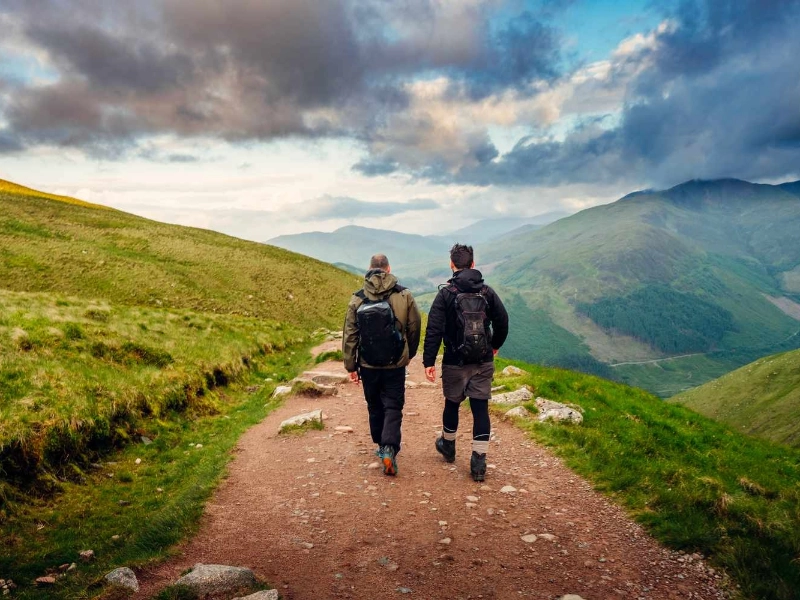 Rumination, or negative thought, is a frequent mental health problem that hiking might help lessen. Depression and anxiety can result from ruminating. Simple walks in the outdoors have been shown to alleviate these symptoms. Hiking allows you to take a break from your busy life and reconnect with the natural world.
It also facilitates mindfulness training and present-moment awareness. You cannot focus on your to-do list or stress about what to make for supper when you are hiking.
Prior to leaving, make sure you take the time to plan your walks and check the weather. Don't forget to bring water and food for your walk. Lastly, remember to have a map or GPS device and wear appropriate clothing and footwear. In case something goes wrong while you are hiking, it is a good idea to let someone know where you are heading.
Rumination, or negative thought, is a frequent mental health problem that hiking might help lessen. Depression and anxiety can result from ruminating. Simple walks in the outdoors have been shown to alleviate these symptoms. Hiking allows you to take a break from your busy life and reconnect with the natural world.
It also facilitates mindfulness training and present-moment awareness. You cannot focus on your to-do list or stress about what to make for supper when you are hiking.
Prior to leaving, make sure you take the time to plan your walks and check the weather. Don't forget to bring water and food for your walk. Lastly, remember to have a map or GPS device and wear appropriate clothing and footwear. In case something goes wrong while you are hiking, it is a good idea to let someone know where you are heading.
